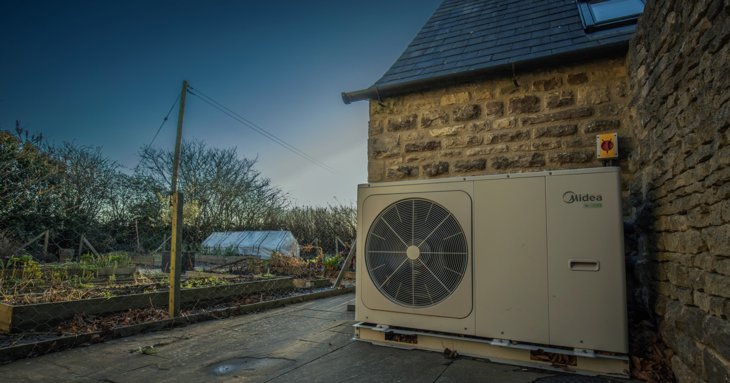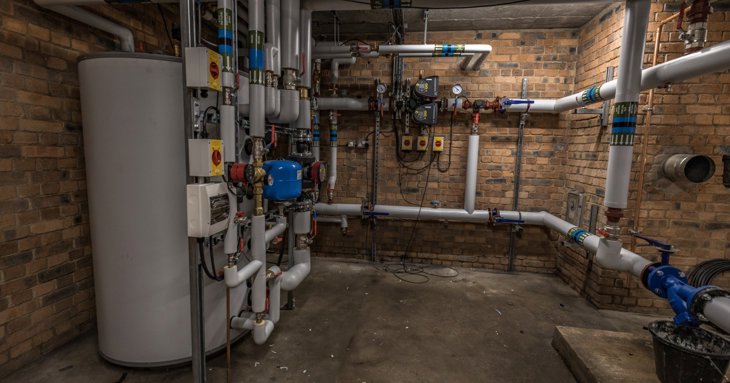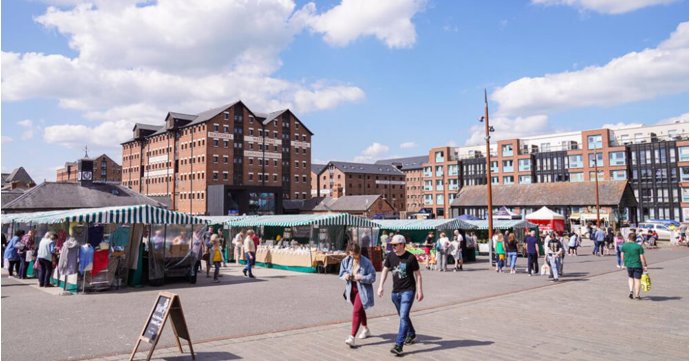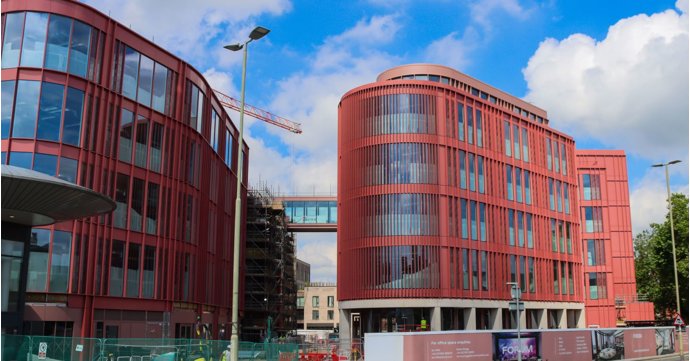Whether it's ground source or air source, heat pumps are a buzz word at the moment. And with the recent government announcement that it will offer £7,500, quibble-free, to households wanting to upgrade, they are quickly becoming one of the UK's most popular environmentally-friendly upgrades.
SoGlos spoke to Cotswold Energy Group, a leading green energy specialist with headquarters in Stonehouse near Stroud, to find out all the details on what heat pumps are and why they're so popular.
With the recent buzz about the huge increase to government funding for households wanting to upgrade their heating systems to heat pumps, can you explain what they are?
Heat pumps are the only green alternative to heating buildings over fossil fuel boilers as we transition into global decarbonised electrification. They provide all of a building's heating and hot water requirements through a renewable process. They extract ambient heat energy, either from the ground, water or air, and pass this through a heat exchange process which elevates the temperatures via compression to useful heat, which is then passed through your heating system, such as a hot water cylinder and radiator circuit.
Can you explain the difference between ground source and air source heat pumps?
As the name describes, a ground source heat pump sources energy from the solar radiation held in the ground. This heat is extracted from either trenching pipework or vertical boreholes underground. Liquid is pumped within underground pipework that absorbs stored heat from the ground, to be sent back to instigate the heat exchange process. An air source heat pump works in the same way but pulls the energy from the surrounding air drawn in from a fan externally mounted to the property.

Are all houses suitable for a heat pump?
If a fossil fuel boiler can heat the property, then a heat pump can too. With any heating system, it's always advisable to increase insulation to reduce the heat demand on the system. Working in the Cotswolds, we are used to designing heating systems that can and do perform in the most demanding cases, such a multi-century-year-old properties.
Are they worth the investment?
Heat pumps are absolutely worth the investment, from both an environmental and financial standpoint. Amongst typical lifestyle changes, for carbon saving per pound of investment, heat pumps are the most effective solution to managing your personal carbon footprint. From a financial standpoint, the majority of a homeowner’s investment is paid back over the lifetime of the heat pump due to lowered fuel bills, government subsidies and increased sale value of the property.
Is there any funding available?
The government is incentivising the switch to heat pump heating. Grant schemes include the Boiler Upgrade Scheme, which is a £7,500 grant towards the cost of the installation. There are also Energy Company Obligation schemes where eligible customers living in a home with a low-energy performance certificate (EPC) rating will benefit from free energy-improvement measures such as heat pumps, solar panels and insulation.

Are they cheaper to run than gas boilers?
Air source heat pumps are approximately 420 per cent more efficient than an old gas boiler. This means that, providing your electricity tariff is no more than four times the price of your gas tariff, an air source heat pump will be cheaper to run.
How are they better for the planet?
Because heat pumps don’t use combustion when generating heat, there aren’t any direct carbon emissions. The only carbon emissions experienced in the use of heat pumps are at the point of electricity production. Even then, the emissions used to produce the electrical energy that power heat pumps undercut the direct combustion used in conventional gas boilers. This electricity can either be offset by home solar PV panels or by choosing a green electricity tariff.

Are there any disadvantages to a heat pump?
Most perceived disadvantages surrounding heat pumps are due to poor design and installation leading to undersized pipe work and radiators, which results in lower temperatures or high running costs. This, however, is not inherent to heat pumps, so is not the case for properly designed systems.
The real challenge heat pumps face presently is the initial higher capital costs to install over a gas boiler. However, the grant schemes mentioned earlier are helping to address this. The other thing to consider when switching to a heat pump is that the cylinder typically takes up a bit of additional space compared to a boiler system.
Will investing in this type of heating system add value to my house?
Research carried out has shown that a heat pump could add between 1.7 and three per cent to the value of your home. This depends on what area you are in though; for example, if you are in an off-gas area, heat pumps are even more attractive to prospective buyers. The value comes from improving the EPC rating in addition to lowering energy bills.





















